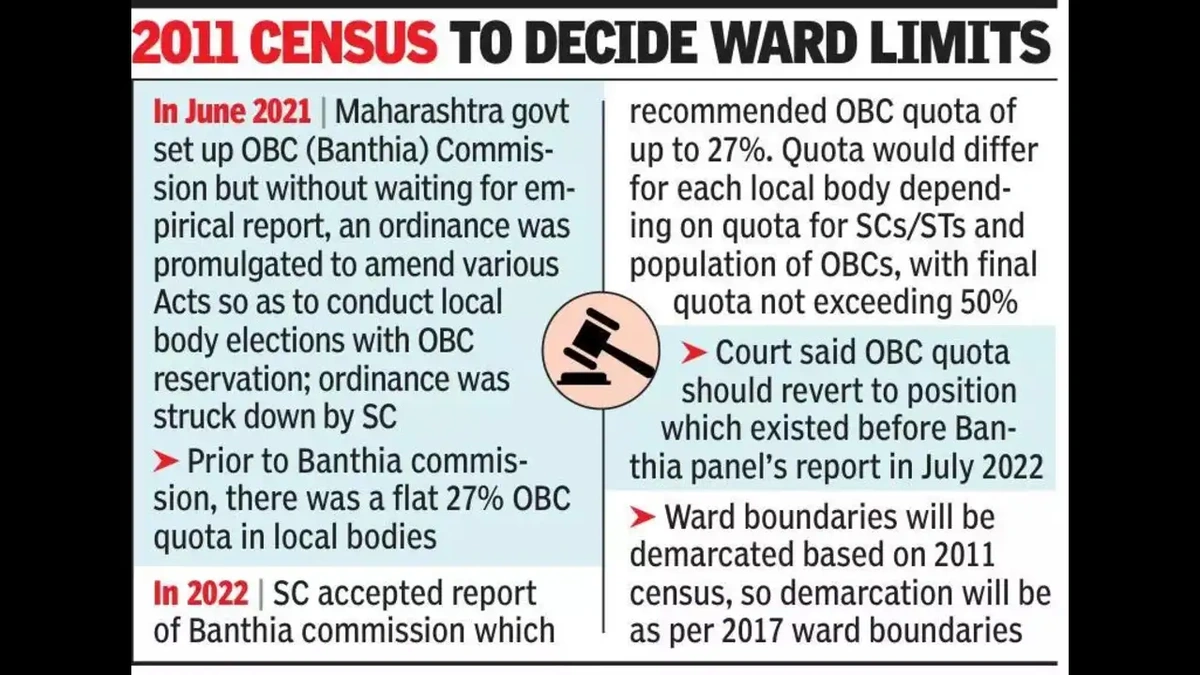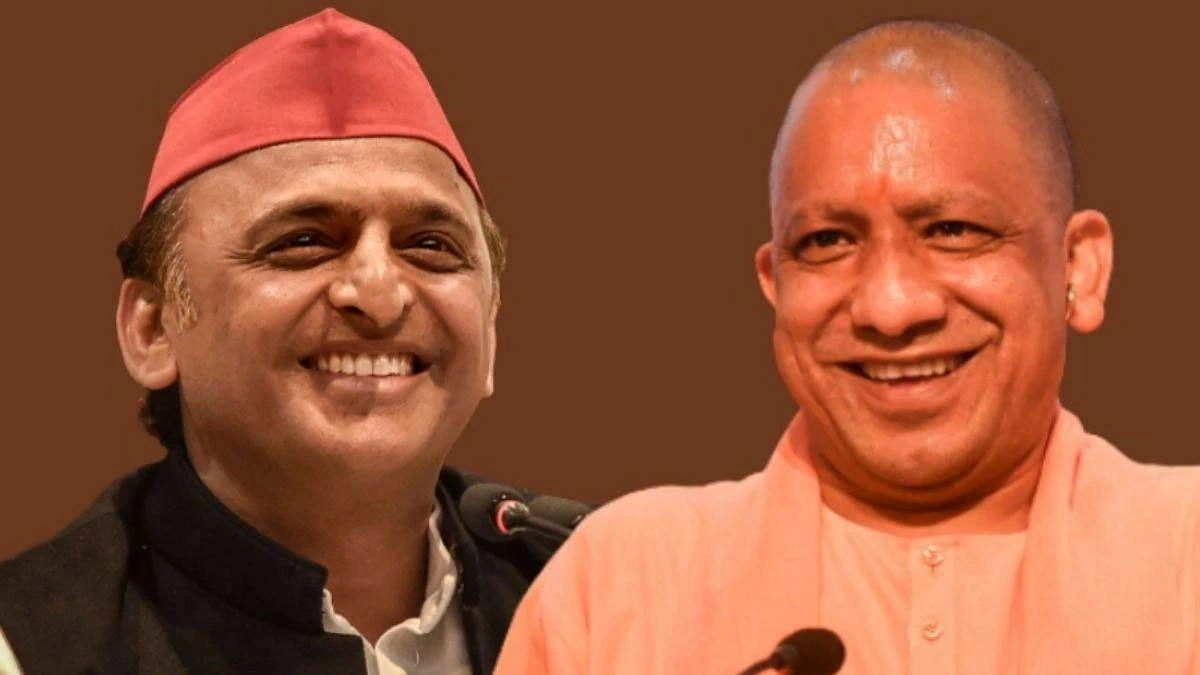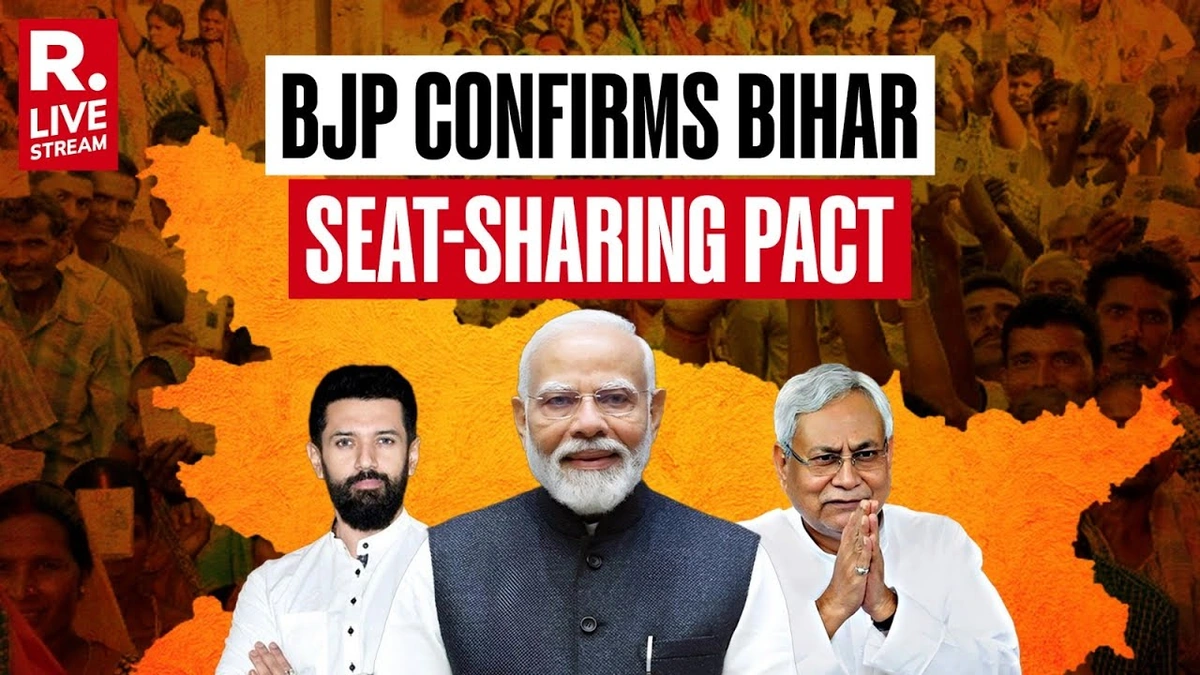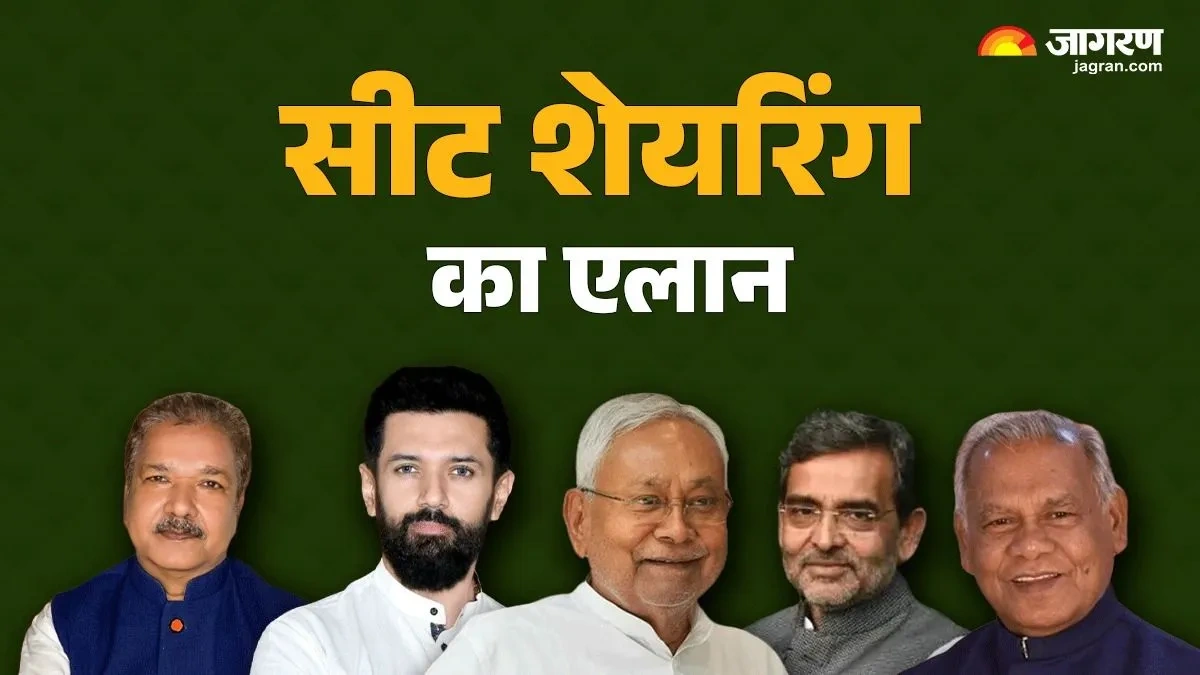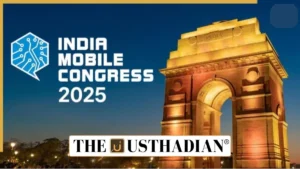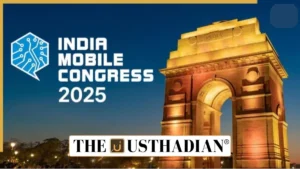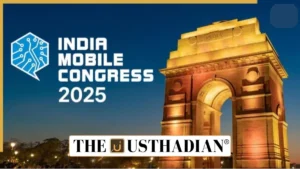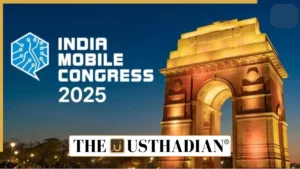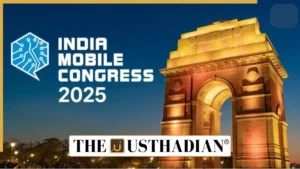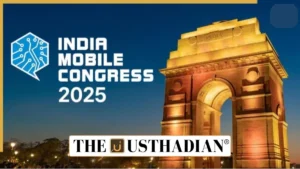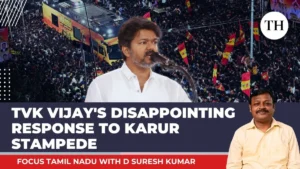Telangana | OBC Quota Increased to 42% Following Survey, Minister Prabhakar Announces Before Supreme Court Hearing
Alright, folks, let’s talk about something that’s got everyone in Telangana buzzing – the OBC quota . See, Minister Prabhakar just announced a pretty significant jump, bringing it up to a solid 42%. Now, that’s not just a number; it’s a whole lot of potential change, especially with the Supreme Court hearing looming. But here’s the thing: why does this even matter to you, sitting there with your chai? Let’s dive into the ‘why’ behind this decision, and what it could mean for the future of reservations and social dynamics in the state. I initially thought this was a straightforward increase, but the implications are far-reaching.
The Survey’s Secret Sauce | Understanding the Data
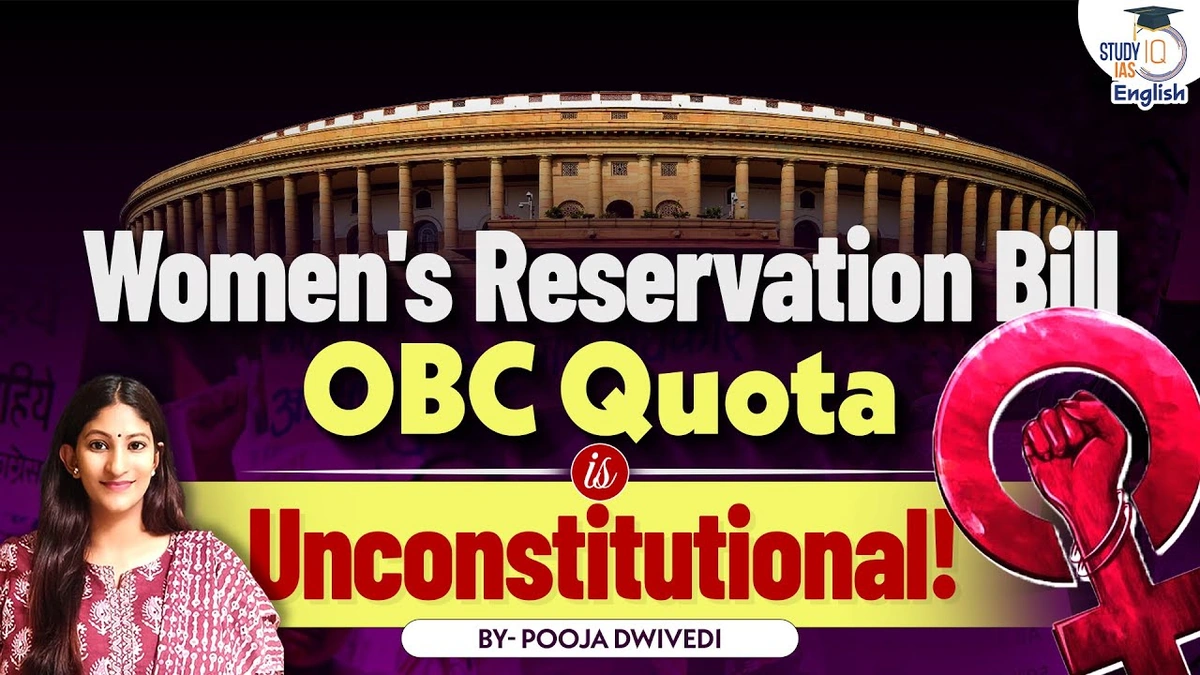
So, what’s the deal with this survey everyone’s talking about? It’s not just some random poll. The Telangana government conducted this extensive survey to get a real, data-backed understanding of the social and economic conditions of its citizens. Think of it like this: instead of guessing what people need, they went door-to-door, collected information, and used that information to shape policy. That’s pretty smart, isn’t it?
Now, why is this survey so crucial? Well, it provides the justification for the increased OBC reservations . The government can now argue, with solid data, that a larger percentage of the population needs and deserves this support. This isn’t just about appeasing a certain group; it’s about addressing real inequalities that exist on the ground. The survey results likely highlighted specific areas where OBC communities are lagging behind, whether it’s in education, employment, or access to resources.
But, and this is a big but, the devil’s in the details. What kind of data did they collect? How reliable is it? How will the Supreme Court view this data? These are the questions that will ultimately determine whether this quota increase stands the test of legal scrutiny.
Supreme Court Showdown | What’s at Stake for Backward Classes?
Okay, let’s be honest – the Supreme Court hearing is the elephant in the room. The court has often been wary of reservation policies that seem arbitrary or excessive. There’s a 50% cap on reservations in general, established by the Supreme Court in the Indra Sawhney case. The Telangana government needs to convince the court that this 42% OBC quota , combined with other reservations, doesn’t violate that principle.
What’s at stake? Everything, really. If the Supreme Court strikes down the increase, it’s back to the drawing board. But if the court upholds it, it sets a precedent for other states to potentially follow suit. It could also reignite the debate about the very nature of reservations – are they meant to be temporary measures, or are they permanent tools for social justice? It will affect social and educational backwardness of the community.
One thing I am keeping an eye on: the arguments presented. The government will need to demonstrate that the increased quota is based on verifiable data and addresses specific, demonstrable inequalities. Expect a lot of legal jargon, statistical analysis, and passionate arguments on both sides. This is not just a legal battle; it’s a battle over the future of social justice in India. By the way, did you check this interesting article too?
Beyond the Numbers | The Real-World Impact
Let’s get real. This isn’t just about percentages and court cases. It’s about real people, real lives, and real opportunities. An increased OBC quota means more seats in colleges, more jobs in government, and more chances for people from disadvantaged backgrounds to climb the social ladder. It’s about creating a society where everyone has a fair shot, regardless of their caste or community. I see this as a step to give justice to socially disadvantaged groups .
But here’s the tricky part: reservations are not a magic bullet. They can open doors, but they can’t guarantee success. People still need access to quality education, healthcare, and other essential services to truly thrive. And, let’s not forget, there’s always the risk of backlash and resentment from those who feel they are being left behind. Managing these competing interests and ensuring that everyone feels like they have a stake in the system is a huge challenge.
And it’s about time that someone takes the issue of economic inequality into consideration while deciding on who is eligible for the OBC quota .
Telangana’s Bigger Picture | A Model for Other States?
Telangana is making a bold move here. And if the Supreme Court gives it the thumbs up, other states will definitely be watching. Will they follow suit? Will they conduct their own surveys and adjust their reservation policies accordingly? It’s entirely possible. India is a diverse country, and each state faces its own unique challenges and opportunities. What works in Telangana may not work elsewhere, but the underlying principle – using data to inform policy and address social inequalities – is something that every state can learn from.
The political landscape is also in play here. With elections on the horizon, reservation policies often become pawns in a larger game. Politicians may be tempted to use them to gain votes or consolidate their power. But, ideally, these decisions should be based on evidence and a genuine desire to create a more just and equitable society. While it is important for backward classes to be represented, the creamy layer exclusion should not be overlooked. Also, check this out.
FAQ | Your Burning Questions Answered
Frequently Asked Questions
What exactly does this OBC quota increase mean for me?
It means a higher percentage of seats in educational institutions and government jobs will be reserved for OBC candidates.
What if I’m not sure if I qualify for the OBC quota?
Check the official government guidelines for the specific criteria. Usually, it involves caste certificates and income limits.
Will this affect other reservation categories?
Potentially, yes. The government will need to ensure that the total reservations don’t exceed the 50% limit set by the Supreme Court.
Is there a chance the Supreme Court will reject this?
Yes, there is a chance. The court will scrutinize the data and the justification for the increase.
How can I stay updated on the Supreme Court hearing?
Follow reliable news sources and legal websites for updates.
What is the basis of determining OBC eligibility?
Typically caste and socio-economic status.
So, there you have it. The Telangana government’s decision to increase the OBC quota is more than just a news headline; it’s a complex issue with far-reaching implications. It’s about data, legal battles, and, most importantly, real people. The most important thing to remember is that this is a dynamic situation. Keep an eye on the Supreme Court hearing, stay informed, and be ready to adapt to whatever changes may come. Because, at the end of the day, this is about shaping a better future for everyone.
